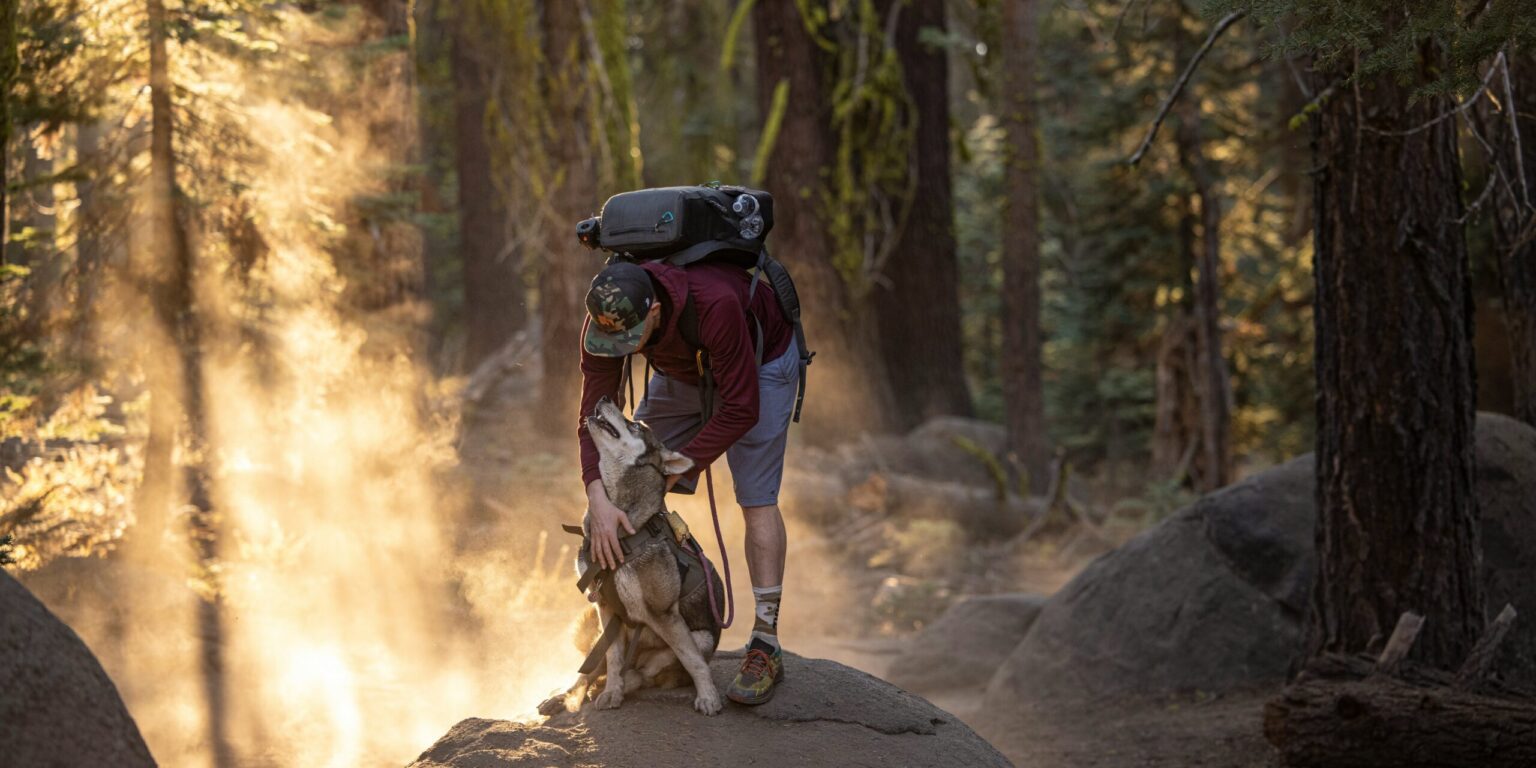On July 24, the coalition “Parks for People,” led by Patagonia, REI, and The North Face, inaugurated a summer‑long volunteer campaign across 50 U.S. national parks. The initiative aims to engage 10,000 volunteers in collecting litter and restoring hiking trails through the fall, with participating parks including Yosemite, Acadia, and the Grand Canyon.
As part of their commitment, the brands have pledged $5 million in grants to support environmental education programs at visitor centers throughout the parks. This funding is expected to enhance programming that fosters ecological awareness and stewardship among park visitors.
By mobilizing thousands of volunteers, the campaign seeks to address cumulative environmental damage caused by litter and trail erosion, particularly in heavily trafficked areas. Cleanups and trail maintenance are intended to improve both the ecological health of the parks and the visitor experience.
National parks often depend on partnerships to support conservation work and outreach. Volunteer forces help supplement staffing constraints and budget limitations, especially given the growing backlog of maintenance needs across the park system. The volunteer commitment also offers opportunities for community engagement and education, reinforcing the role of the parks as public assets.
Read Also: https://mensinsider.com/truck-spills-800k-in-dimes-on-texas-highway-shutting-down-u-s-287/
Environmental education grants are designed to enrich interpretive programming at ranger stations and visitor centers. These programs may include youth workshops, guided hikes, and displays that highlight conservation challenges and biodiversity. With grant funding in place, participating parks can expand offerings without drawing on core federal operating budgets.
Many environmental advocates see this collaboration as a timely response to the increasing pressures on America’s national parks. Rising visitation, climate-related impacts, and deferred infrastructure upkeep all threaten park sustainability. Partnerships like “Parks for People” help close the gap by blending corporate support, grassroots volunteerism, and public-sector oversight.
The coalition’s founding brands—Patagonia, REI, and The North Face—have established reputations for environmental activism, often supporting grassroots conservation efforts and legislative advocacy. Over time, these companies have collaborated on campaigns emphasizing stewardship and ecological responsibility. Their combined resources and visibility aim to galvanize a broader movement among outdoor enthusiasts.
Experts note that hands-on restoration work, accompanied by educational outreach, can foster deeper public investment in park conservation. Volunteer participants not only improve trail conditions and reduce litter, but also gain a sense of stewardship that encourages ongoing environmental engagement.
Organizers expect to complete major cleanup and trail-restoration projects by early fall, with environmental education initiatives running seasonally at visitor centers. As the campaign progresses, progress metrics—including volunteer numbers, amounts of debris collected, and educational program attendance—will be tracked and shared.
This initiative represents a significant collaboration between the outdoor retail industry and public land management, combining volunteer labor, corporate funding, and federal park infrastructure. If successful, it may serve as a model for ongoing partnerships that amplify conservation impact and community involvement in national parks.
As the summer campaign continues, brand leaders and park officials hope that the national push will inspire similar volunteer and education efforts in coming years, reinforcing the idea that protecting public lands is a shared responsibility.
